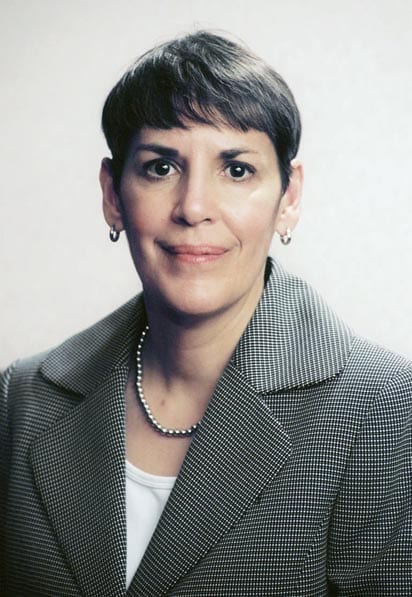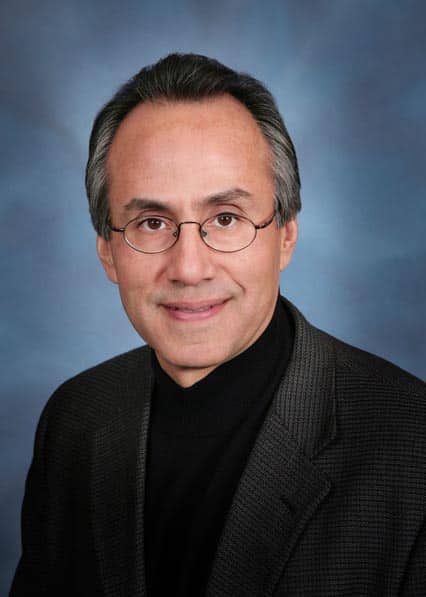
Dr. Sonia Molina
Owner & President
Molina Endodontics
More and more doctors are becoming disenchanted with the profession as they are pulled in different directions due to the demands of running a business, complying with changing regulations, and receiving increasingly less compensation as costs continue to skyrocket. As the two major sources of income for private-practice physicians, Medicare/Medicaid reimbursements and insurance payments, continue to either be cut or get lost in administrative red tape, the actual provider of services—the doctor—is left trying to see more patients in less time in order to keep the practice afloat. As the frontline provider, the doctor has the majority of the responsibility of meeting patients’ needs and managing expectations, yet precious little of the money tied to health-care in this country (a whopping 20 percent of our nation’s GDP) trickles down to the physician. In order to continue attracting the best to the field, we need to reconfigure health-care costs so that physicians who are also small-business owners can remain viable.
Today’s health-care industry faces a critical shortage of providers. In nursing, more than 50 percent of the workforce is nearing retirement, while the country’s demand for health-care services continues to climb. Unfortunately, there is a lack of doctorally prepared faculty available to train new nurses. As a result, staffing shortages frequently have a negative impact on the patient-provider encounter. In order to develop a therapeutic relationship, providers must have the time to spend with their patients to listen, identify problems, discuss treatment options, and validate that there is a mutual understanding of the best course of action, prescriptions, possible adverse reactions, and preventive measures in order to ensure the best possible outcome.

Rose Gonzalez, PhD, RN,
Director, Government Affairs
American Nurses Association
For Hispanics, the fastest-growing population in the United States, culturally competent providers are needed to ensure safe, effective, and equitable care. Latinos face many challenges to receiving quality health-care services, such as unconscious bias and stereotyping, language and cultural barriers, and a lack of trust in the health-care system. Today we know that language and cultural competency training alone do not make for a culturally competent provider. Rather, providers must be able to understand their patients’ beliefs and values and approach them with patience and respect. This would help to address their fear of the health-care system and enable a relationship which could truly work to address diseases that disproportionately affect the Hispanic population, such as obesity, diabetes, and arthritis. Cultivating a larger and more diverse pool of qualified applicants into health-care training programs is an urgent need.

David Luna
VP, Multicultural Affairs
Saint Mary’s Health Care (Trinity Health)
Disparities in health and health care are huge challenges for our nation and industry. Throughout our country, racially and ethnically diverse groups experience more illness, more suffering, and more death from stroke, cancer, diabetes, and many other conditions, than does the general population. Within these groups, women and children, the poor, elders, and rural populations are especially impacted. This is not only a moral issue for our nation, its economic impact is enormous in terms of lost productivity and potential, and in terms of the extremely high cost of providing crisis care that is often too little, too late.Additionally, disparities significantly impact our industry’s ability to perform well on key quality and patient-safety measures.
While the national health-care debate creates the appearance that access is the only critical issue, it is only one of many. The root causes of disparities are multilayered and multifactored and include societal and institutional forces, SES, residential segregation, exposure to environmental hazards, food deserts, and much more. Our attempts to understand this complexity have barely scratched the surface, and we are still too far away from having an arsenal of replicable, evidence-based practices to address disparities.
To be effective, our solutions will have to be as multilayered, multifactored, and complex as are the root causes of disparities. Strategies that address a single factor or small group of factors simply will not work to truly solve the problem. Our industry will have to partner with community agencies, public-health groups, governments, and other stakeholders. We will have to incorporate the techniques of social epidemiology, medical anthropology, quality improvement, and other disciplines. The road ahead will be long and hard, but we must walk it for the sake of our patients, the fundamental values of our industry, and the future of our country.

Carmela Castellano-Garcia
President & CEO
California Primary Care Association
In California, approximately 60 percent of the eight million uninsured in our state are of Latino descent. As a result of this alarming disparity, the state’s Latino population ultimately stands to gain the most from the Supreme Court’s ruling to uphold the ACA [Affordable Care Act]. Approximately 48 percent of uninsured Latinos in California will be eligible for subsides through the state’s Health Benefit Exchange (HBEX). It is estimated that another one million will gain coverage through the state’s expansion of Medicaid. The real work starts now, on the front lines, educating our Latino population and those in need on how the implementation of the ACA will impact their access to care.


